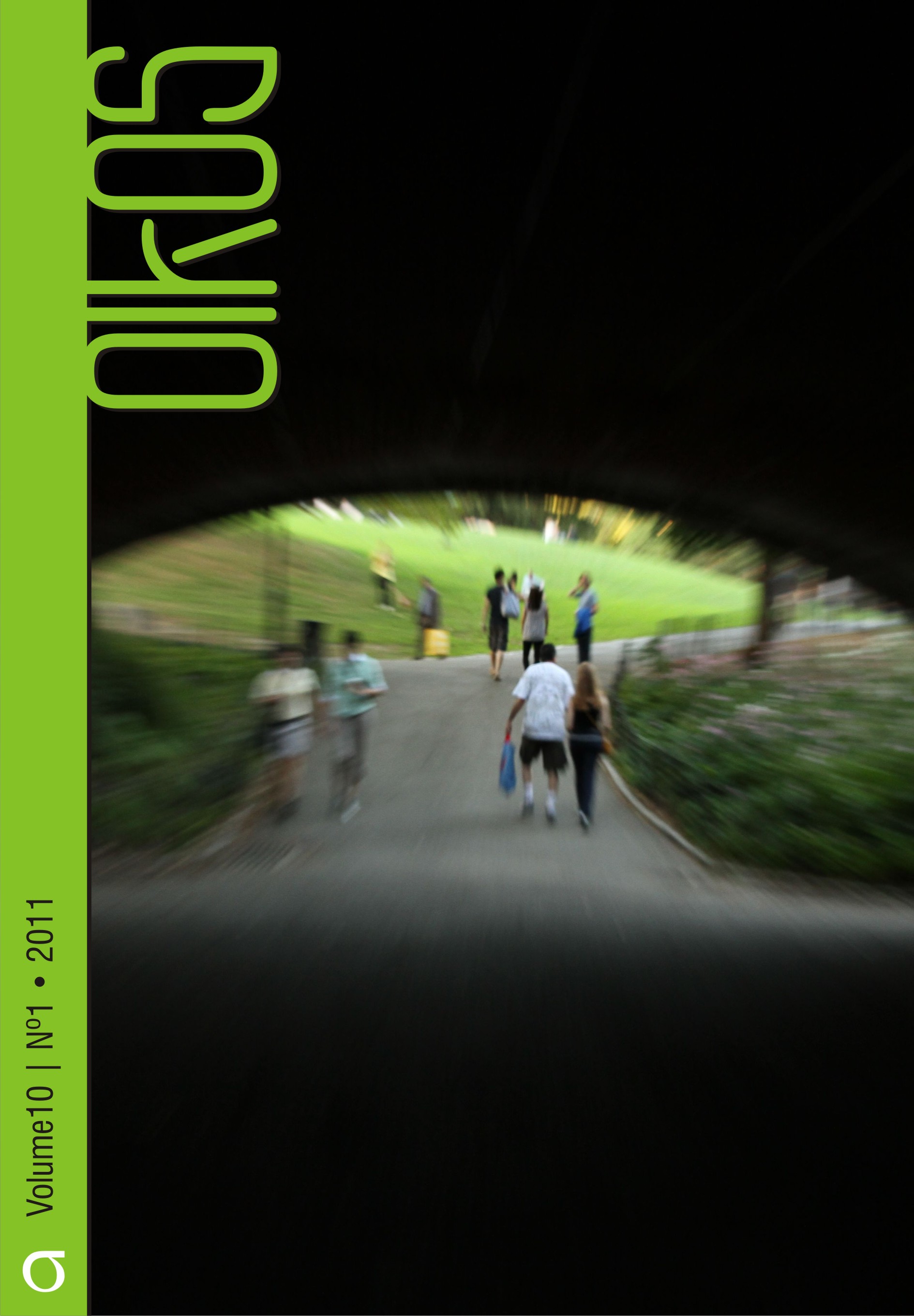Mercantilism and Economic Development: Schumpeterian Dynamics, Institution Building, and International Benchmarking
Keywords:
Mercantilism, Economic Development, Renaissance, Schumpeterian Dynamics.Abstract
In most arts and sciences – from astronomy to zoology – the Renaissance represents a qualitative watershed in human history, and historians are generally united in considering it a period of unprecedented intellectual ferment. Echoes of da Vinci, Galileo, and Machiavelli still resound in the way we approach art, science, and human coexistence, and it is noticeable how these developments came ‘out of Italy’ (Braudel, 1991). As a precondition for this, the Renaissance was also a period when the productive powers of small European city states allowed a large part of the population to live free from poverty. Where feudalism had provided wealth for the very few and misery for most, the city states of the Renaissance for the first time witnessed a situation where artisans, merchants and public employees filled the ranks of a new middle class.Downloads
Published
2011-08-16
Issue
Section
Artigos e Ensaios


